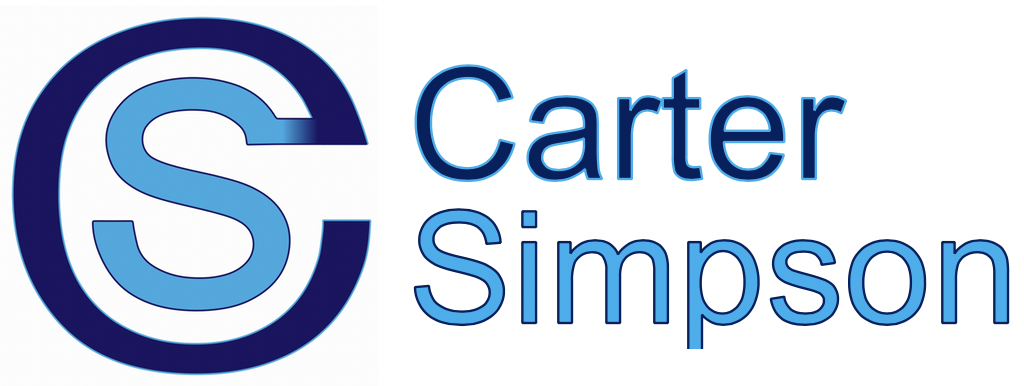Do I Have a Personal Injury Case?
*This is the first post in our series, The Life of a Personal Injury Case…. From accident to settlement or trial.
Accidents happen every day and can be life-changing. The injuries sustained may be long-lasting and can bring devastating consequences for the victim and their family. People suffer injuries every day from various causes. While physical injuries are often visible and are easily recognized, psychological injuries or financial losses are not always apparent. Identifying who is at fault for an accident and determining if a legal remedy is available can sometimes be challenging
For a personal injury claim to be successful, two key elements must be present: 1) Liability and 2) Damages. Liability, or fault, means that the injury must have been caused by the negligence, carelessness or intentional actions of another person or entity. Damages refer to the losses suffered by the injured party due to some wrongdoing.
1) Liability
Every day, people experience injuries from various causes. To succeed in a personal injury claim, you must be able to show that someone else is responsible for causing or contributing to your injuries. Liability can arise in a variety of ways. Some examples of the types of incidents that can attract liability against the at-fault party include:
Motor vehicle accidents
Boating accidents
ATV accidents
Plane crashes
Slip & falls
Falling objects
Faulty goods or products (product liability)
Assault/Battery
Sexual/institutional abuse
Medical malpractice
Each case must be assessed based on its own unique facts and compared against established legal principles, case law, and applicable legislation. While not all personal injury cases fall under specific legislation, many statutes and regulations govern certain activities, and a breach of these can lead to liability. For example, in Nova Scotia, injuries arising from slip and falls are governed by the Occupiers’ Liability Act, which provides that occupiers of a property (residential, commercial or otherwise) have a duty to make sure the property is reasonably safe for all people who visit, by taking reasonable care and precautions to protect visitors from foreseeable harm.
Liability in personal injury cases is not always "all or nothing." Often, responsibility for an accident is shared, meaning that more than one party can be found liable. For example, in a car accident where one vehicle rear-ends another vehicle, and both vehicles are then struck by a third vehicle, liability for the front vehicle’s damage may be split between the two rear-ending vehicles. Additionally, a liability split can occur when the injured party is partially responsible for the accident. For example, in an intersection collision where both vehicles collide while trying to beat the yellow light. In those cases, the injured claimant may receive less than 100% of their claim for damages due to their own contribution to the accident.
2) Damages
A personal injury claim is a request for financial compensation for the losses you have suffered (or will suffer) from the accident. The goal of a personal injury claim is to restore you, as much as possible, to the place you would have been in had the accident not occurred, as far as money can do that. However, simply because someone else was responsible for an accident does not automatically entitle you to compensation. To have a valid personal injury claim, you must have suffered an actual injury or loss.
Personal injury claims typically include the following types of damages:
Pain, suffering, and loss of enjoyment of life
Past loss of income
Future loss of income and/or diminished earning capacity
Loss of housekeeping ability
Past and future medical expenses
Out of pocket expenses you have incurred as a result of the accident
The compensation you may receive for a personal injury claim depends on how the injury has affected your life. Each case is assessed based on its particular facts.
Settlement
Personal injury cases are often resolved through out of court settlements. Many factors are considered when negotiating a settlement of your personal injury claim including:
Liability and any potential reduction for your share of the fault
The severity of your injuries, their impact on your life, your course of treatment, including any future treatment needs and how your injuries affect past and future employment
Your pre-existing health history
Your efforts and ability to mitigate your losses
In any negotiation, there must be compromise from both sides, and the benefit of an early settlement often outweighs the risk, time, and expense to go to trial.
Navigating insurance claims is challenging and complex. There are time limits for starting these claims, which most people are unaware of. To protect your right to compensation, do not delay contacting a lawyer.
The lawyers at Carter Simpson are experienced, passionate, and devoted to assisting those that have been injured in motor vehicle collisions and other types of accidents. We will help you obtain the benefits you need to focus on your mental, physical, and financial well-being. We will advocate with the insurance company on your behalf and obtain a fair settlement of your claim or, if necessary, start a lawsuit against those responsible for the accident.
Carter Simpson has prepared this document for information only. It is not legal advice. You should consult Carter Simpson about your unique circumstances before acting on this information. Carter Simpson excludes all liability for anything contained in this document and any use you make of it.
